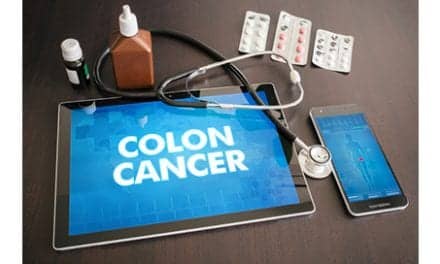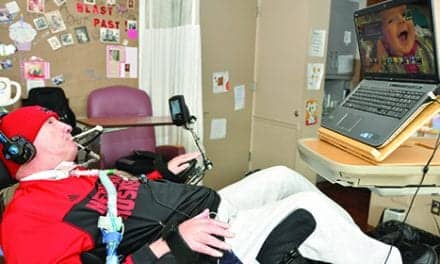
The federally-funded site, according to a MSKTC news release, features a “managing pain after spinal cord injury” hot topic module developed by MSKTC and comprised of resources that include videos, factsheets, a slideshow, and a research study review.
Each resource aims to educate site visitors about diagnosing, treating, and managing different types of pain. All resources housed in the hot topic module are based upon SCI Model Systems research, the release notes. The module also reportedly offers information about secondary issues; such as skin and pressure sores, how nicotine impacts pain, and how to reduce pain through safe wheelchair transfer techniques.
A key focus of the Center is also to provide accessible SCI research findings to the public. Cindy Cai, PhD, MSKTC co-director, senior researcher with the American Institutes of Research (AIR), explains the overwhelming impact SCI can have on patients and adds, “Our resources are designed to be easy to use by a broad audience to help those with spinal cord injury understand and manage their pain.”
The release reports that the site’s featured video was filmed at the South Florida Spinal Cord Injury Model System at the University of Miami Miller School Medicine. The video offers information about experiencing, diagnosing, assessing, and treating pain following SCI.
Pain management is vital, as its management is linked to improved quality of life, says Diana D. Cardenas, MD, MHA, principal investigator and project director, South Florida Spinal Cord Injury Model System, professor and chair of the department of Rehabilitation Medicine at the Miller School. “Our hope is that this topic module helps users with SCI to reduce pain and improve quality of life,” Cardenas emphasizes.
The MSKTC is operated by AIR in collaboration with WETA/BrainLine and George Mason University under a grant from the National Institute on Disability and Rehabilitation Research (NIDRR).
For more information, click here
Source: MSKTC





